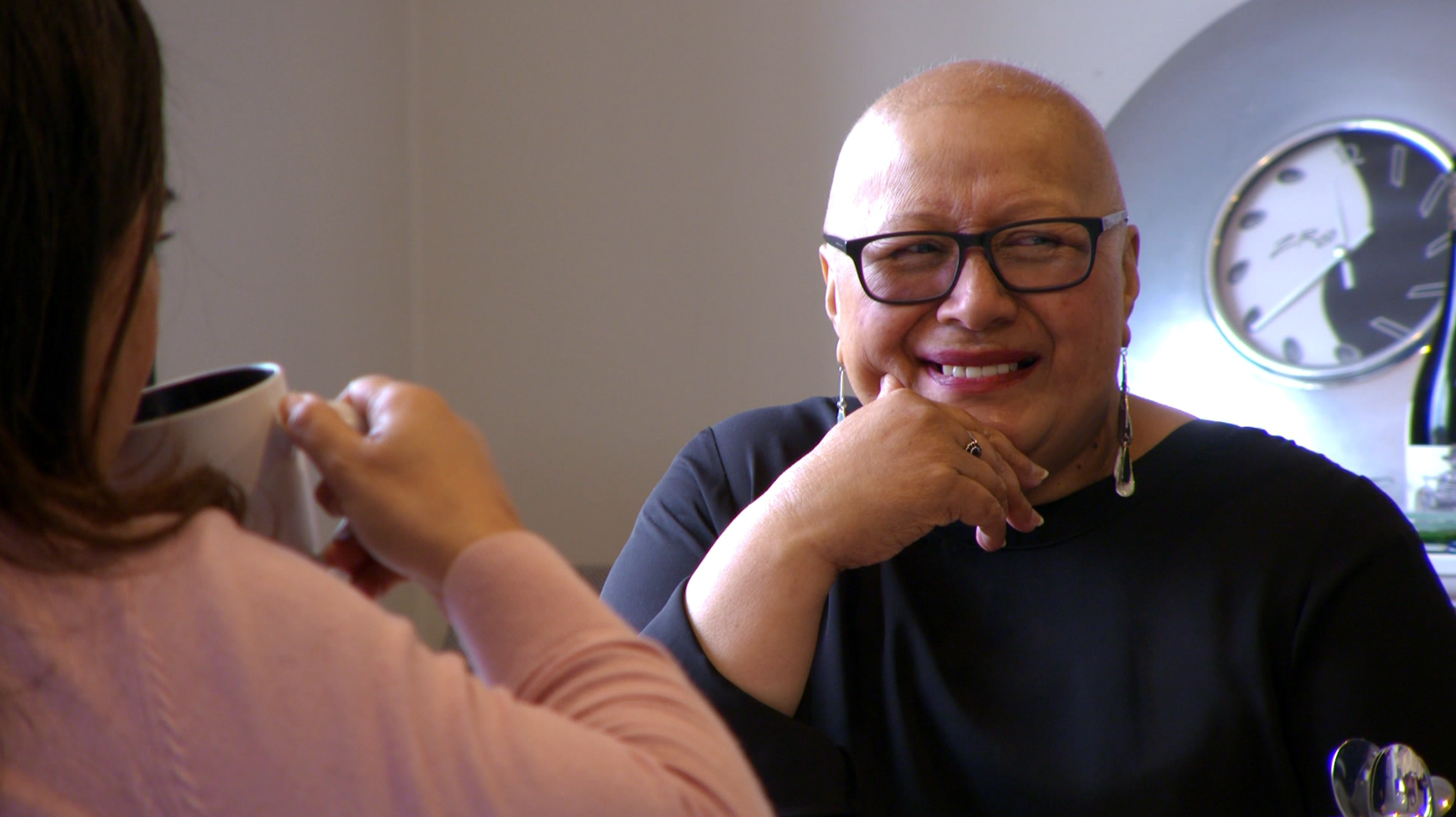Pasifika Medical Association Group
Samoan GP Dr Maryann Heather has been working extremely long hours on the frontline during the Covid-19 crisis, tending to patients at the South Seas Clinic in Ōtara.
What motivates Dr Heather is knowing she is helping the Pasifika community during these troubling times. She also takes comfort that the Pasifika community has the lowest infection rate of Covid-19 in New Zealand. To date, less than 5 percent of those infected have been Pacific Peoples, and Dr Heather wants to keep those numbers down.
“Our Pasifika community is one of the most vulnerable. If this virus hits our community and the numbers start to rise, then it would be extremely hard. Many families would be affected.”
At home, Dr Heather lives with nine family members, including her 80-year-old aunt and her young nieces and nephews. She takes extra care each day when she goes to work, ensuring she is wearing all the protective gear and has minimal physical contact with her patients and other staff on the frontline.
“It’s a worry when you have to leave your bubble and go to work. But my job is essential. I’ve got to make sure I follow all the safety protocols so I keep well, to keep my family at home safe and to continue to service our Pasifika communities.”
Due to strict social distancing conditions, Dr Heather and her colleagues have been forced to consult most of her patients over the phone, and it’s been challenging.
“I miss the patient interaction. As a people, we are very social, and there is so much more you can get when you are face-to-face.”
She says that the challenge for most of her patients is knowing that medical services are still available during the lockdown period. She says many assume the clinics are closed or are only dealing with Covid-19 cases.
“My main message is that it’s business as usual but we are just doing it in a different way. We are still accessible and there is always someone available to see you. If you are really sick, you still need medical attention.”
Dr Heather anticipates a vaccine for Covid-19 to be available in another 12-18 months and so she expects it will take more time for life to return to normal. She says the best medicine to prescribe the community during these challenging times is strength and hope.
“The thing that normally brings us together is our family support and our church communities. Even with the worst situations, our Pacific people can bounce back because we have that resilience.”












